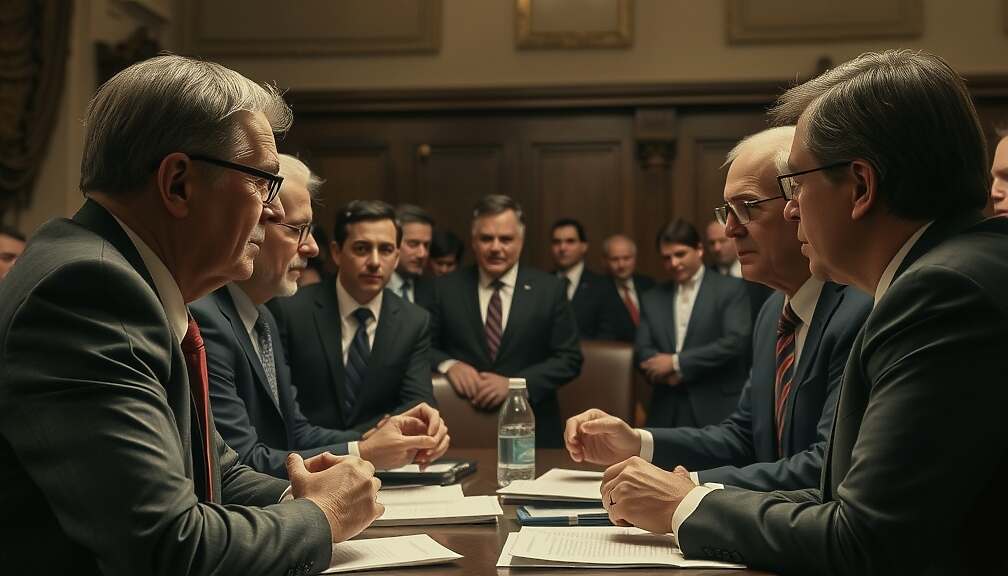A deepening rift within Germany’s governing coalition has ignited criticism from within the Social Democratic Party (SPD) regarding the opaque process surrounding proposed reforms to mandatory military service. Following the recent collapse of coalition talks on the draft legislation, concerns are being raised about the circumvention of standard parliamentary procedure.
Ralf Stegner, a prominent SPD foreign policy spokesperson, voiced his discontent in an interview with publications of the Funke-Mediengruppe, emphasizing that the agreed-upon legislative path should have involved parliamentary debate and hearings following the initial reading of the government’s bill. Instead, the conservative Union faction had reportedly pushed for pre-emptive negotiations within the coalition to solidify alterations to the draft before it even reached the Bundestag for a first reading.
Stegner’s critique highlights a growing unease surrounding the coalition’s governance style, suggesting that bypassing the parliamentary process risks diminishing democratic accountability. “Such pre-agreements, as the Union faction sought before the initial reading, can easily become problematic” he stated, implicitly accusing the conservatives of attempting to control legislative outcomes behind closed doors.
The controversy underscores the fragility of the coalition’s internal dynamics and raises questions about the willingness of all parties to adhere to established democratic norms. Observers suggest the lack of transparency surrounding the military service debate could further erode public trust and exacerbate already existing tensions within the German political landscape. The episode has triggered a wider discussion about the role of parliamentary procedure in a coalition government and whether the desire for rapid consensus is outweighing the principles of open debate and democratic representation.












